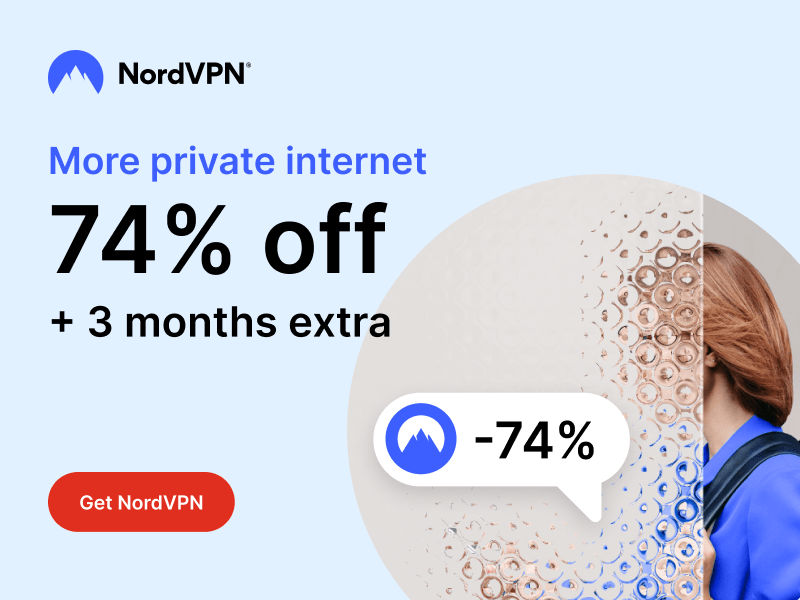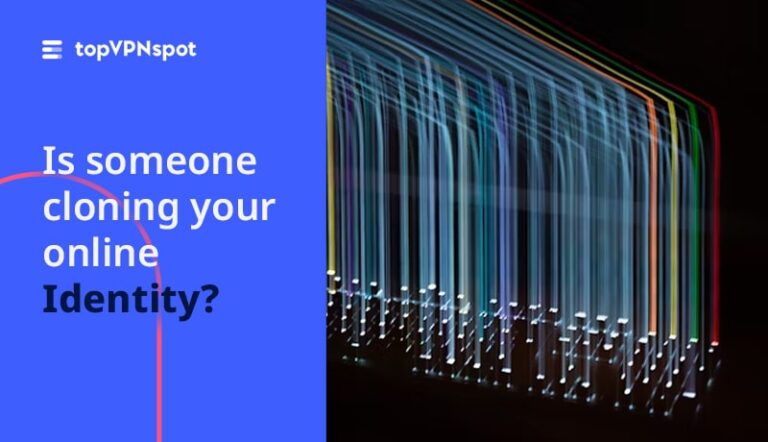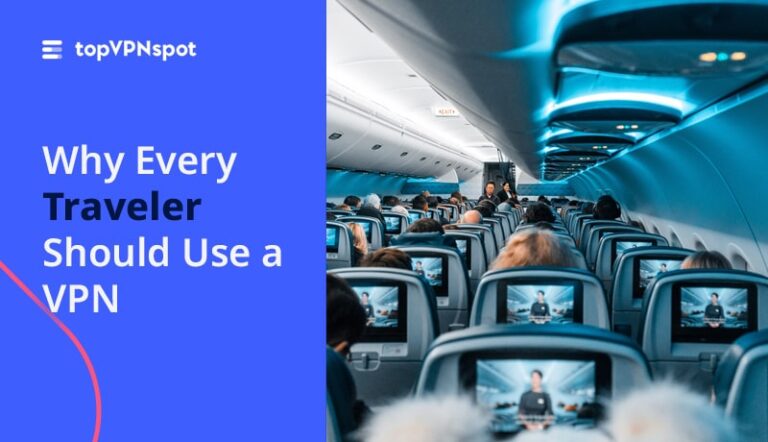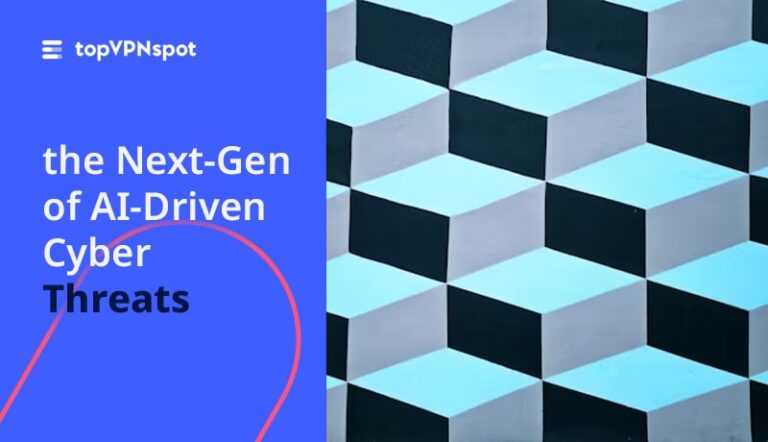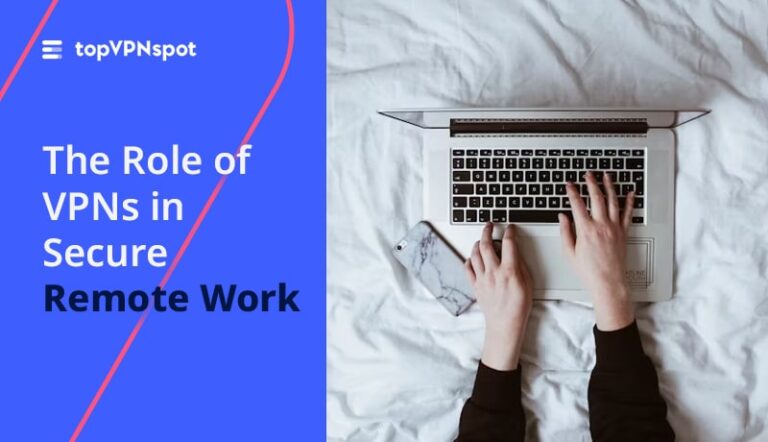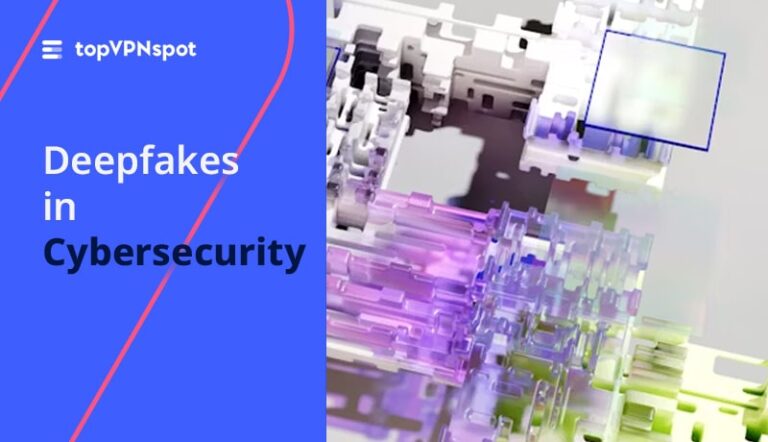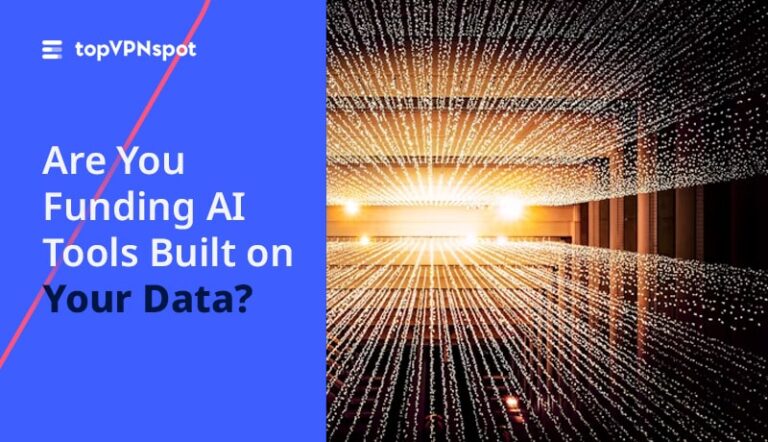How does a VPN work?
Ever wondered how VPNs keep your data safe? Dive into the mechanics of secure, encrypted online browsing
April 2024
In today’s digital landscape, protecting one’s privacy and securing internet connections are paramount concerns. Virtual Private Networks (VPNs) have emerged as a crucial tool for achieving these goals. But how exactly does a VPN work? This article delves into the mechanics of VPNs, shedding light on their operations and benefits.
The Basics of VPN Functionality
A VPN, or Virtual Private Network, creates a secure, encrypted connection between your device and a remote server operated by the VPN service. This process involves several key steps:
- Initiating the Connection: When you connect to a VPN, the software on your device (the VPN client) establishes a connection with a VPN server. This server can be located anywhere in the world, depending on the VPN service’s server network.
- Encryption: Once the connection is established, all data transmitted between your device and the VPN server is encrypted. This means that if someone were to intercept the data, they would see only scrambled, unreadable information.
- Tunneling Protocols: VPNs use tunneling protocols to encapsulate and transmit your data. Common protocols include OpenVPN, L2TP/IPsec, and IKEv2. Each protocol has its own strengths in terms of speed, security, and compatibility. For instance, OpenVPN is widely regarded for its strong security and flexibility, while IKEv2 is known for its ability to quickly re-establish a connection if it drops.
- IP Address Masking: When your data reaches the VPN server, it exits onto the internet from the server’s IP address, not your own. This masks your true IP address, making it appear as though you are browsing from the VPN server’s location. This feature is particularly useful for maintaining anonymity and accessing region-restricted content.
- Data Decryption: As your encrypted data arrives at the VPN server, it is decrypted before being sent to the intended destination on the internet. Responses from websites and services follow the reverse path: they go to the VPN server first, get encrypted, and are then sent back to your device where they are decrypted.
Key Components and Technologies
To fully understand how a VPN works, it is essential to grasp the key components and technologies involved:
- VPN Client: This software runs on your device, establishing and managing the VPN connection. It handles the encryption and decryption processes and ensures that data is routed through the VPN tunnel.
- VPN Server: This remote server receives and decrypts the encrypted data from your device. It then forwards the data to the appropriate destination on the internet and vice versa.
- Encryption Algorithms: VPNs use robust encryption algorithms such as AES-256 to secure data. AES-256, known for its high security, is widely used in VPNs due to its resistance to brute-force attacks.
- Authentication Mechanisms: To ensure that only authorized users can connect, VPNs implement authentication protocols like username/password combinations, digital certificates, or two-factor authentication (2FA).
- Kill Switch: Many VPNs feature a kill switch that automatically disconnects your device from the internet if the VPN connection drops. This prevents your data from being exposed in an unsecured state.
Practical Applications of VPNs
VPNs serve several important purposes:
- Privacy Protection: By encrypting your internet traffic and masking your IP address, VPNs help protect your privacy from ISPs, hackers, and government surveillance.
- Secure Public Wi-Fi: When using public Wi-Fi networks, which are often unsecured, a VPN provides a secure connection, protecting your data from potential eavesdroppers.
- Bypassing Geo-Restrictions: VPNs allow you to access content that may be restricted based on your geographical location. By connecting to a server in a different country, you can appear to be browsing from that location.
- Avoiding Censorship: In countries with strict internet censorship, VPNs can enable users to access blocked websites and services by routing their traffic through servers in more permissive regions.
Understanding how a VPN works highlights its importance in modern digital life. By establishing a secure, encrypted connection between your device and a remote server, VPNs protect your privacy, enhance security, and offer greater freedom on the internet. Whether you’re concerned about safeguarding personal information, securing public Wi-Fi connections, or accessing restricted content, a VPN is an invaluable tool in today’s interconnected world.
Struggling to select the ideal VPN? Consult our thorough, user-friendly comparison of leading VPN services to determine the perfect fit for your online security needs.
Why trust us
Behind every review is our team’s real-life, multi-device, cross-location VPN showdown. We’re all about the facts, not the hype. We’ve spent hours testing VPNs on every device we’ve got – to bring you advice that’s as genuine as it gets.
200
Hours of rigorous testing of each top VPN service
100%
Strict policy of unbiased testing & assessment
Read popular blog
Privacy
April 2024
•
5 min read
Uncover the hidden dangers of online identity cloning and learn how to protect your digital self from cybercriminals
Danyal Sadique
VPNs
April 2024
•
5 min read
Discover why a VPN is essential for travelers and how it enhances security and accessibility abroad
Umar Zaman A.
Security
April 2024
•
5 min read
Prepare for the future of cybersecurity by understanding and defending against next-gen AI-driven threats
Raffeain K.
VPNs
May 2024
•
5 min read
Ensure secure remote work by using VPNs to protect sensitive data and communications. Learn key best practices for optimal safety
M. Zayan
Security
June 2024
•
5 min read
Unveil the risks posed by deepfakes in cybersecurity and discover ways to protect against this emerging threat
Danyal Sadique
Privacy
April 2024
•
5 min read
Explore how your data is driving AI development and what you can do to maintain control over your personal information
Umar Zaman A.
FAQs
A VPN, also known as a virtual private network, creates a protected passageway between your device and the web. VPNs shield you from prying eyes, disruptions, and restrictions.
When you link up with a secure VPN server, your online data travels through a ciphered passageway that’s invisible to all—including cyber intruders, authorities, and your internet provider
Yes, VPNs are legal in most countries around the world. However, some countries like North Korea have outlawed their use, and others may have restrictions in place. It’s important to note that while VPNs are legal, their misuse to conduct illegal activities is not.
VPNs are generally safe and are increasingly becoming a necessary tool in the age of data privacy concerns. They protect your personal information from hackers, especially on public Wi-Fi networks, and help prevent websites and ISPs from tracking your online behavior.
- Enhanced Security: Encrypts your internet connection to protect personal data.
- Privacy Protection: Hides your IP address, preventing tracking of online activities.
- Access Restricted Content: Allows you to bypass geo-blocks and censorship.
- Safe Public Wi-Fi Use: Secures your data on unsecured public networks.
- Remote Access: Enables secure access to your home or work network from afar.
- Reduced Online Footprint: Minimizes the digital trail left behind online.
The use of VPNs can sometimes lead to a slower internet connection; however, the high-speed performance of reputable paid VPN services often means that any decrease in speed goes unnoticed. Indeed, employing a dependable paid VPN might even result in a faster connection, particularly if your ISP is restricting your data flow.
If you do find that your internet speed has diminished, selecting a server that is geographically nearer to your location, from the extensive server network available, can help improve your connection speed.
Using a VPN significantly enhances your online privacy and security by encrypting your internet traffic and masking your real IP address. This makes it challenging for third parties, including websites, your Internet Service Provider (ISP), and even government agencies, to track your online activities.
However, while a VPN provides a strong layer of defense, certain factors can still lead to tracking, such as:
- Cookies: Websites may use cookies to track your online behavior across different sites.
- VPN Disconnects: If the VPN service disconnects unexpectedly, your real IP address could be exposed.
- VPN Provider Logs: Your VPN provider could potentially track your activity if they keep logs. Therefore, it’s crucial to choose a provider that has a strict no-logs policy and is transparent about their operations.
Moreover, sophisticated entities like government agencies might have the capability to determine if you’re using a VPN, but they generally won’t know what you’re doing online unless they have the cooperation of the VPN provider.
In essence, for the best protection, it’s advisable to use a reputable VPN service that is known for its commitment to privacy and has been independently audited to verify its security claims. Always be mindful of your online behavior and the digital footprints you leave behind.
We are an alliance of passionate cybersecurity experts, united by a shared mission to disseminate our in-depth knowledge of digital security measures. Our commitment is to empower internet users by providing them with the essential tools and insights needed to navigate the online world safely. Through topVPNspot.com, we offer a platform where our collective experience in cybersecurity converges to guide users in protecting their digital presence effectively.


